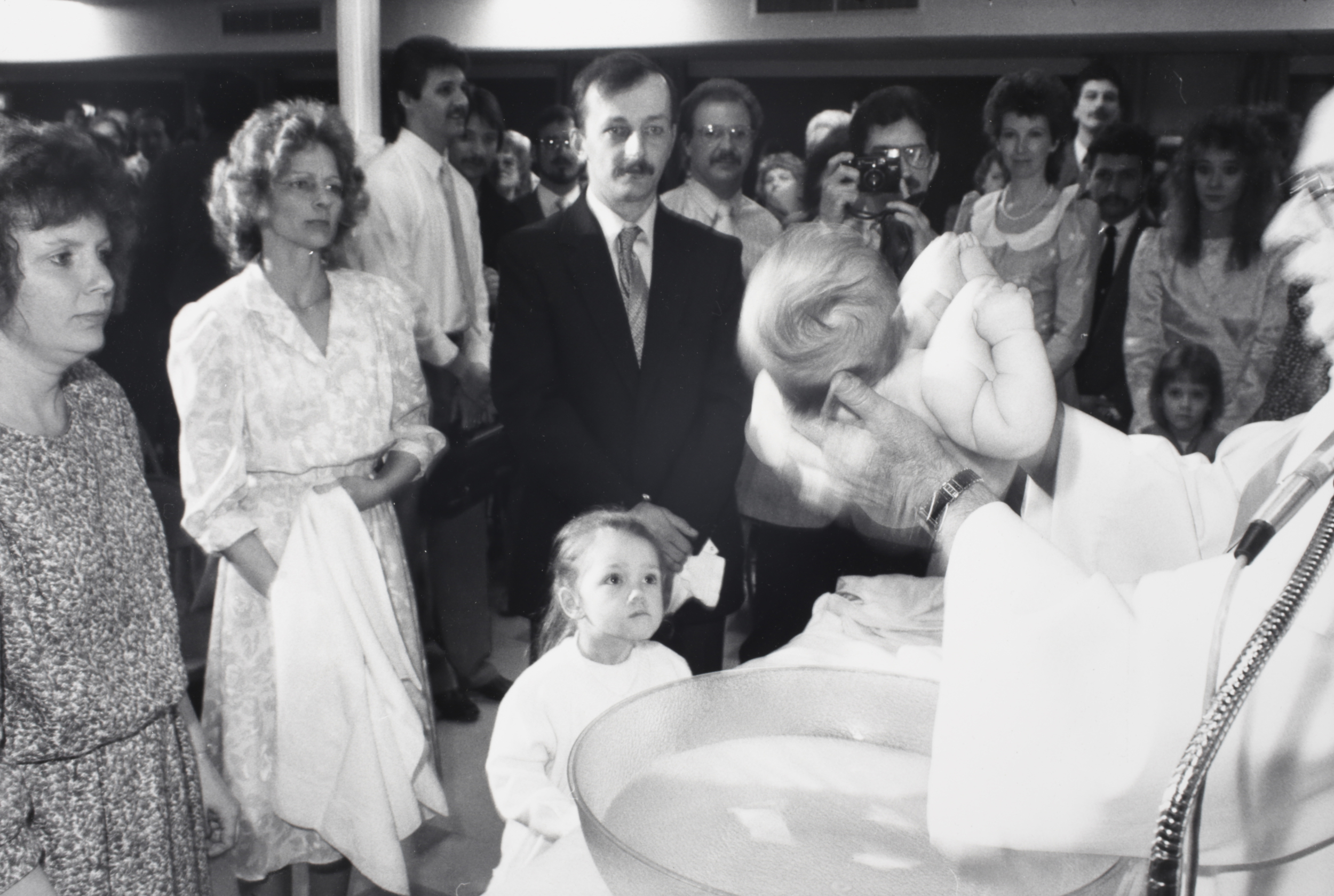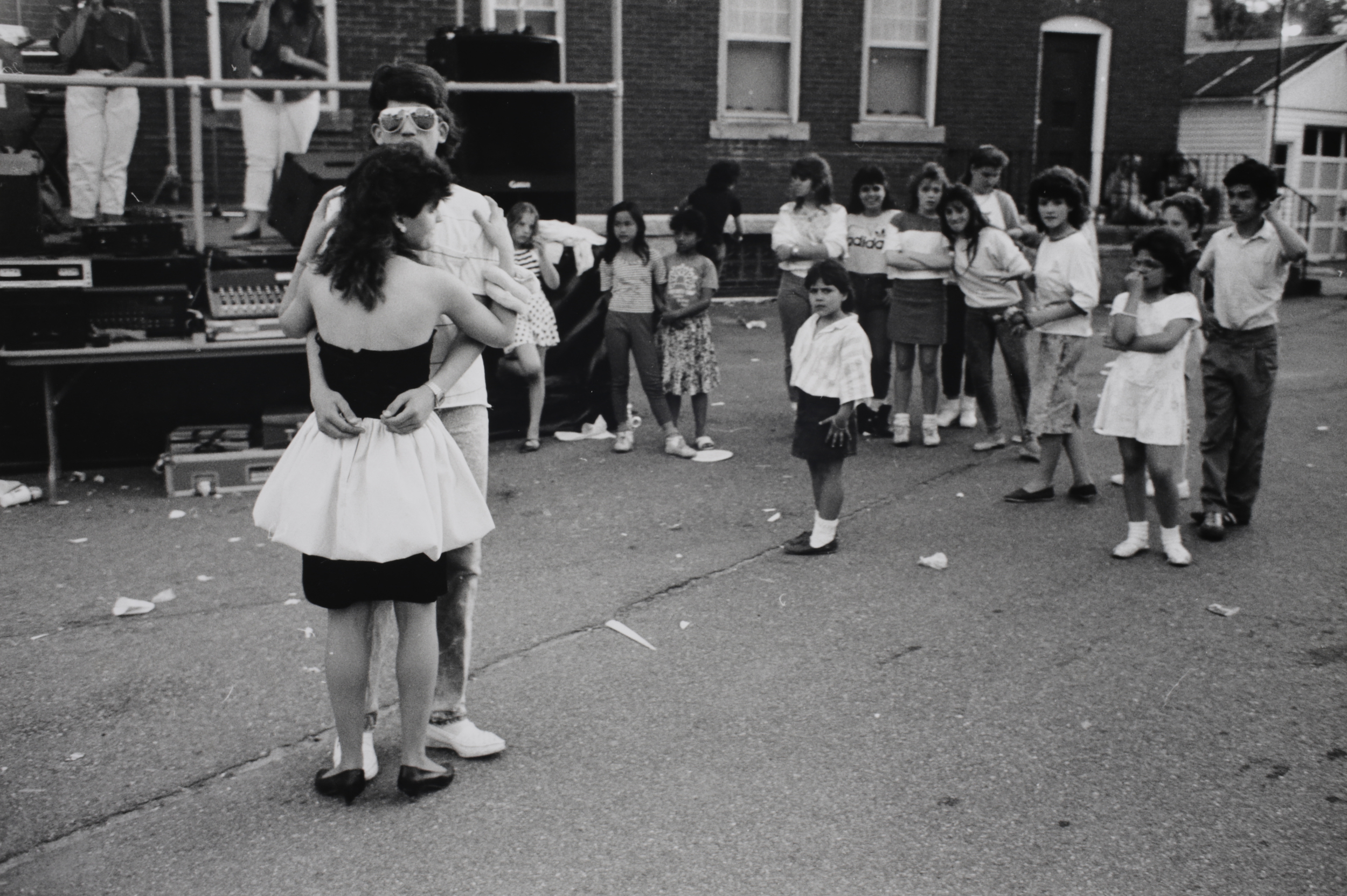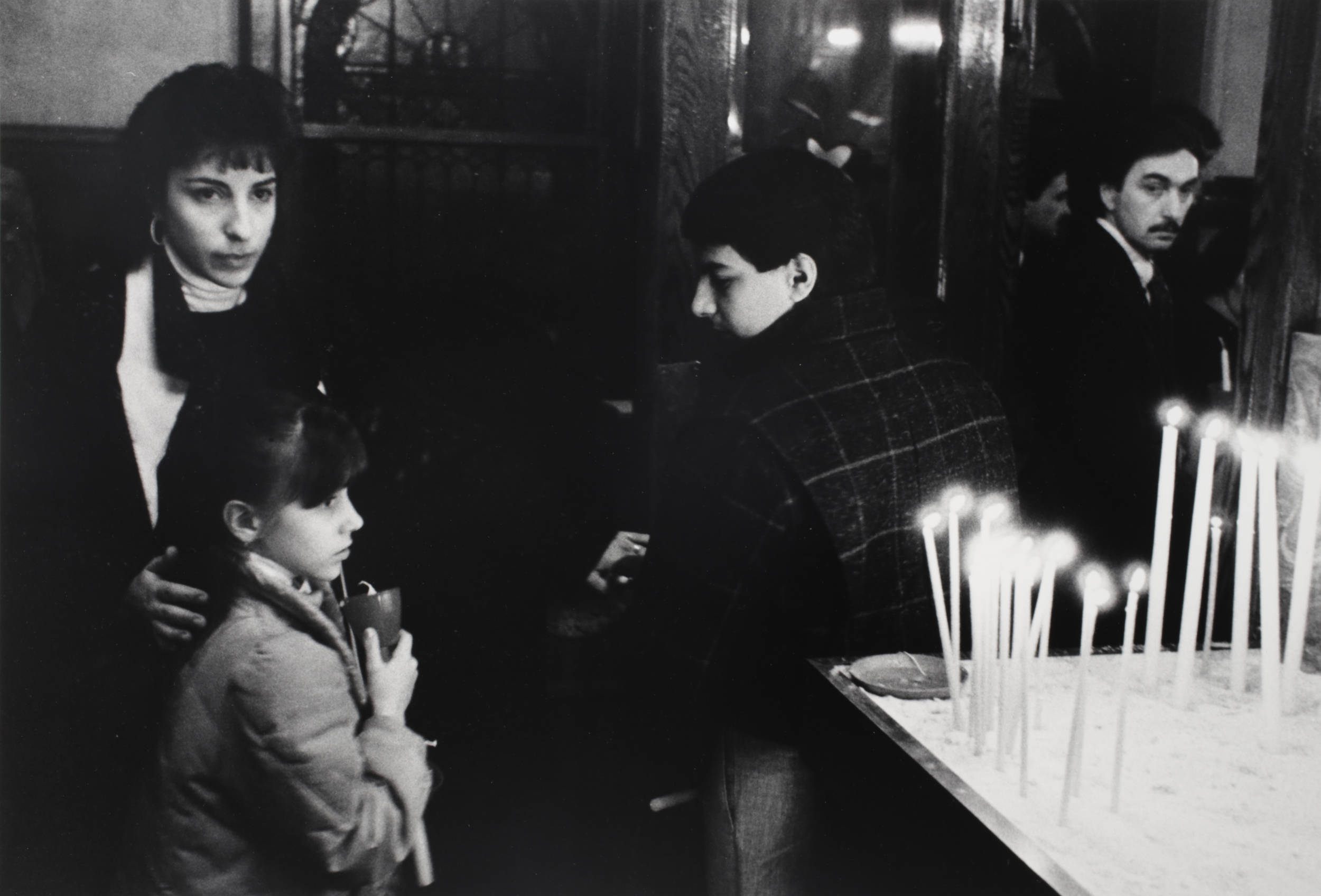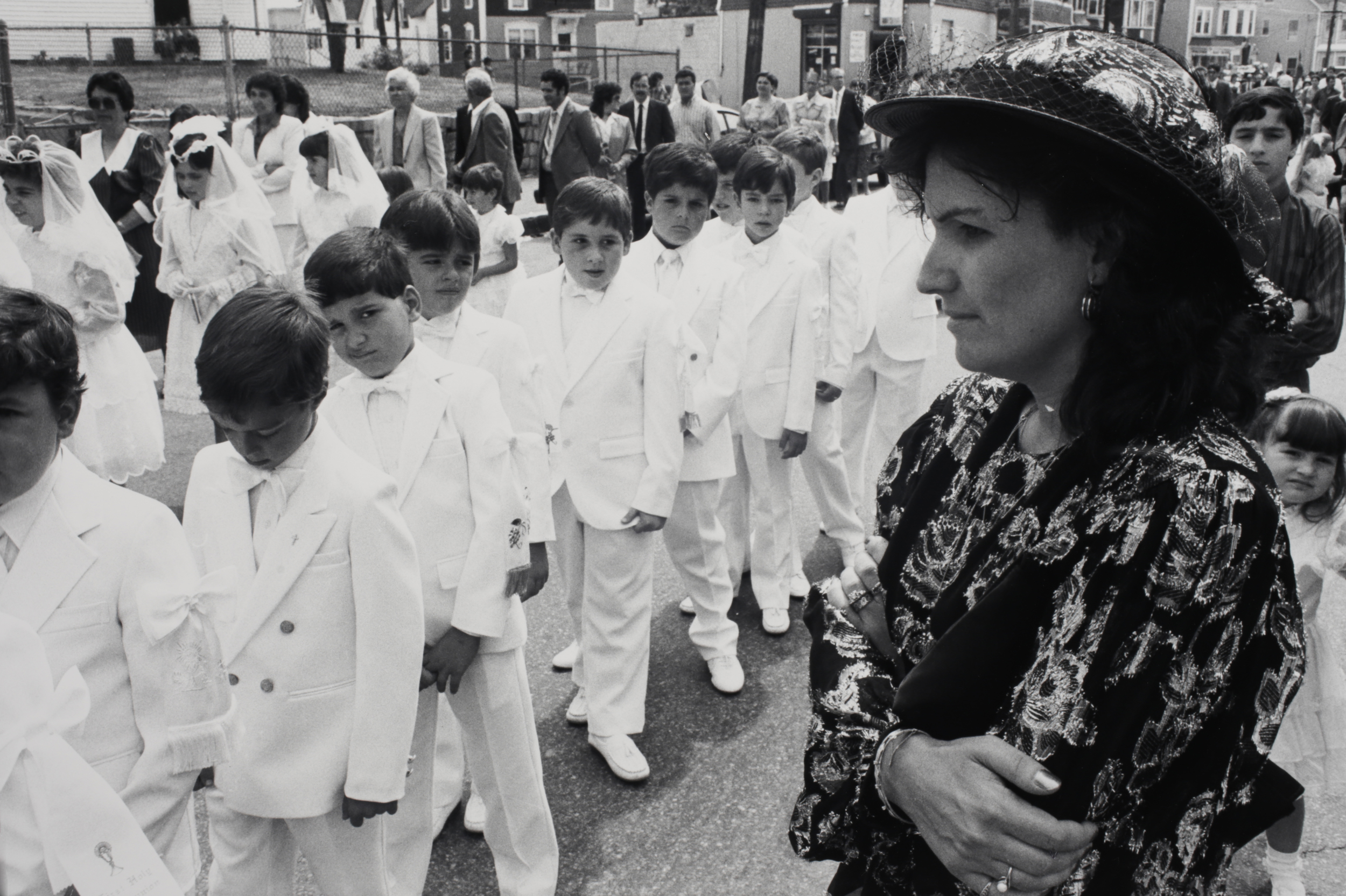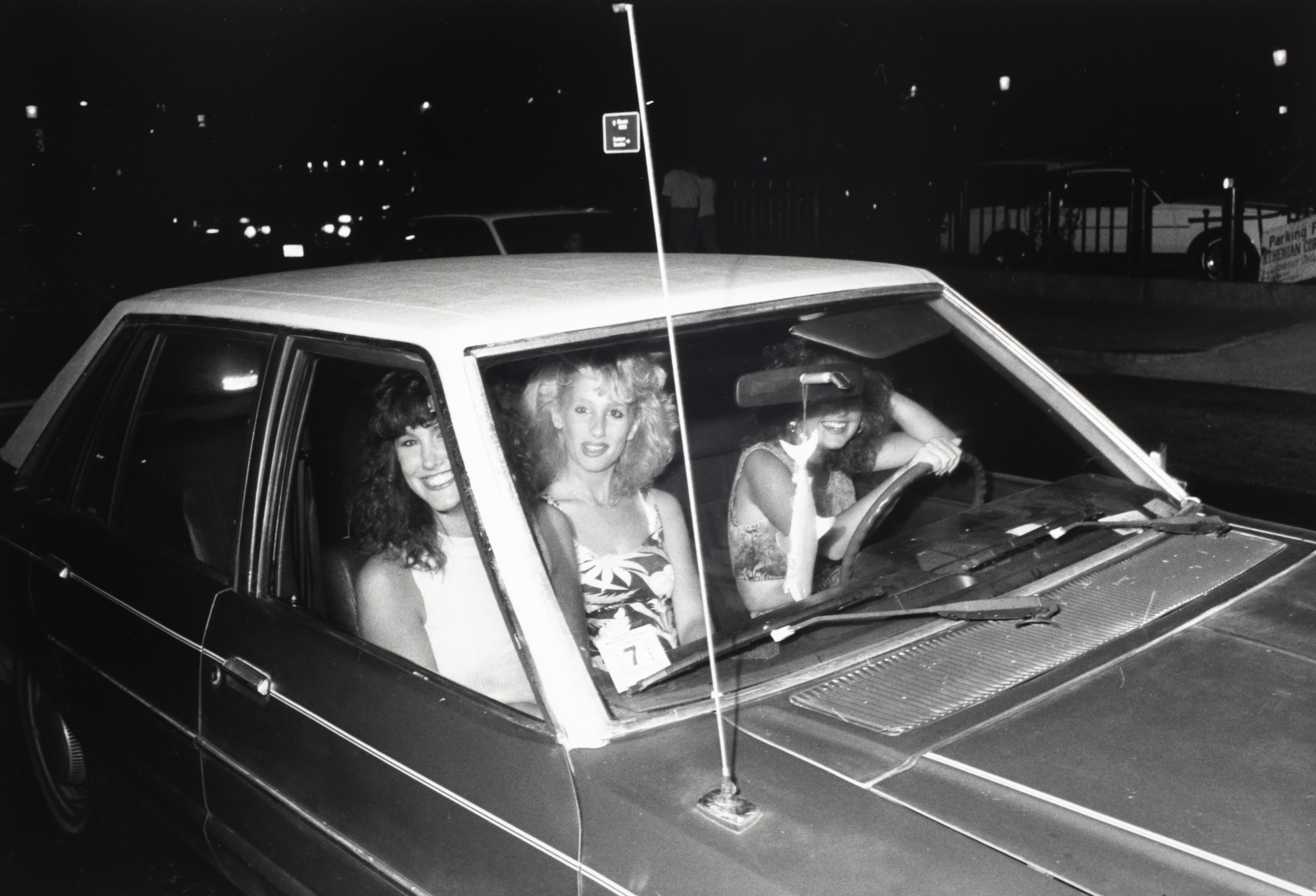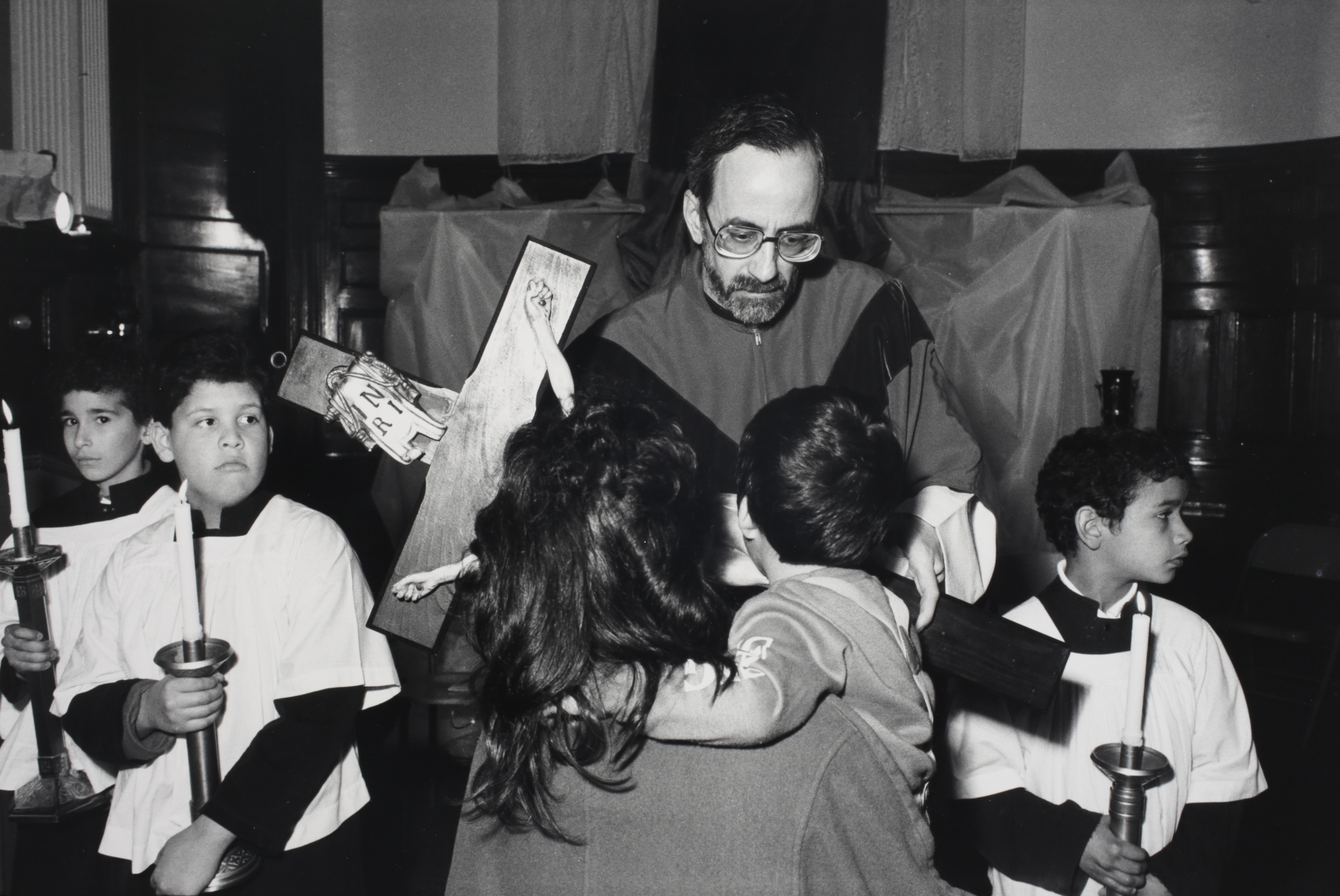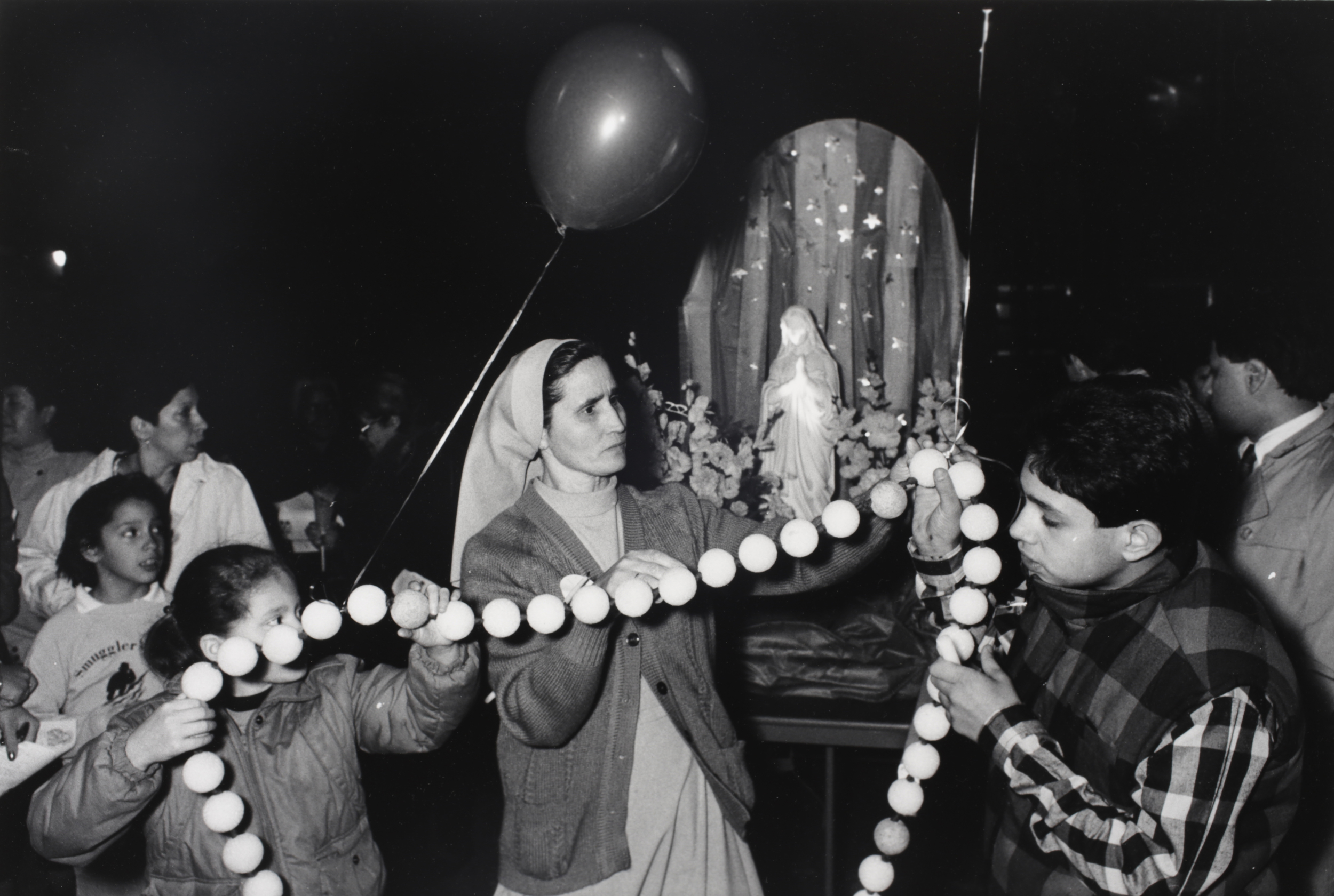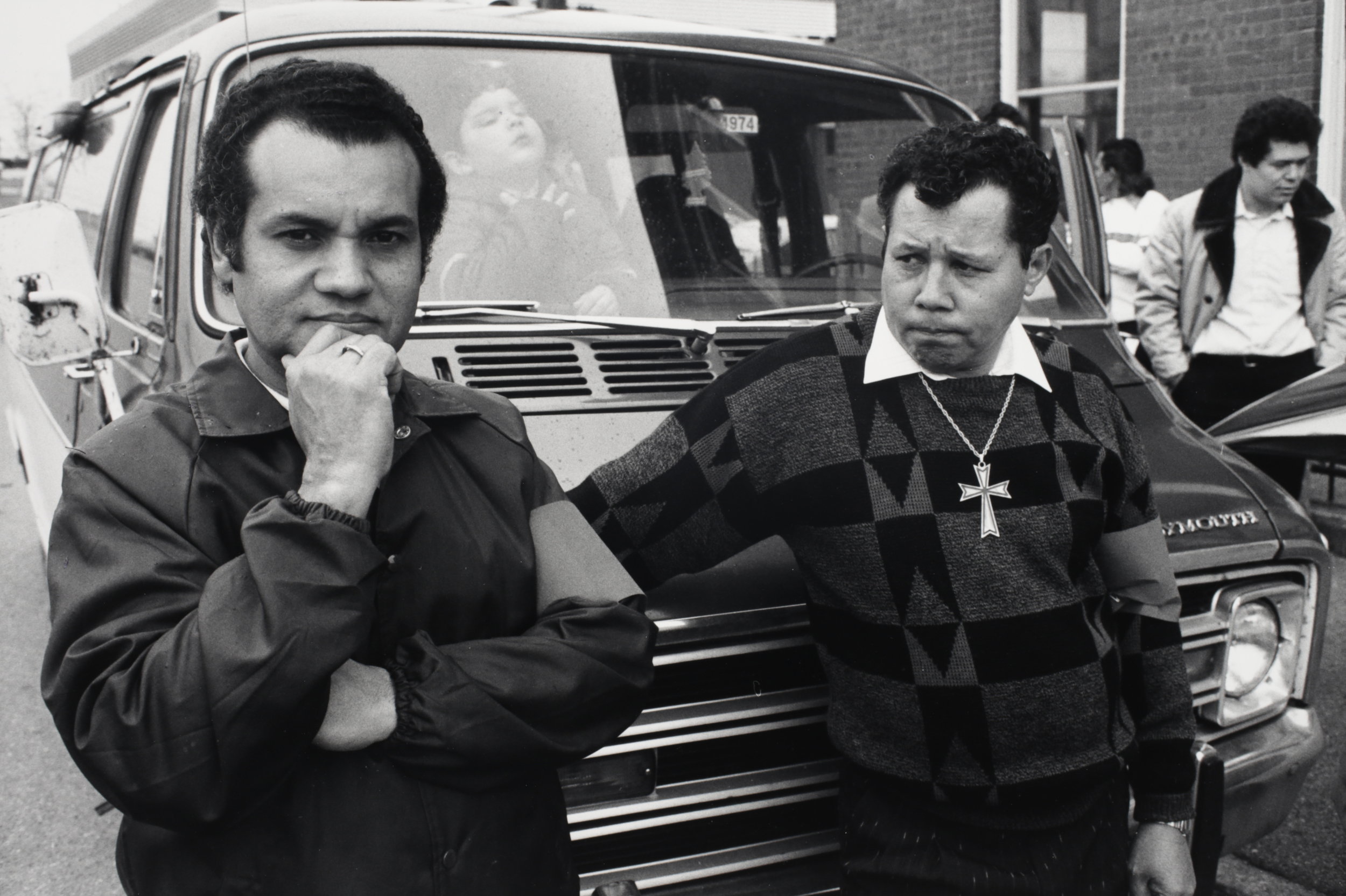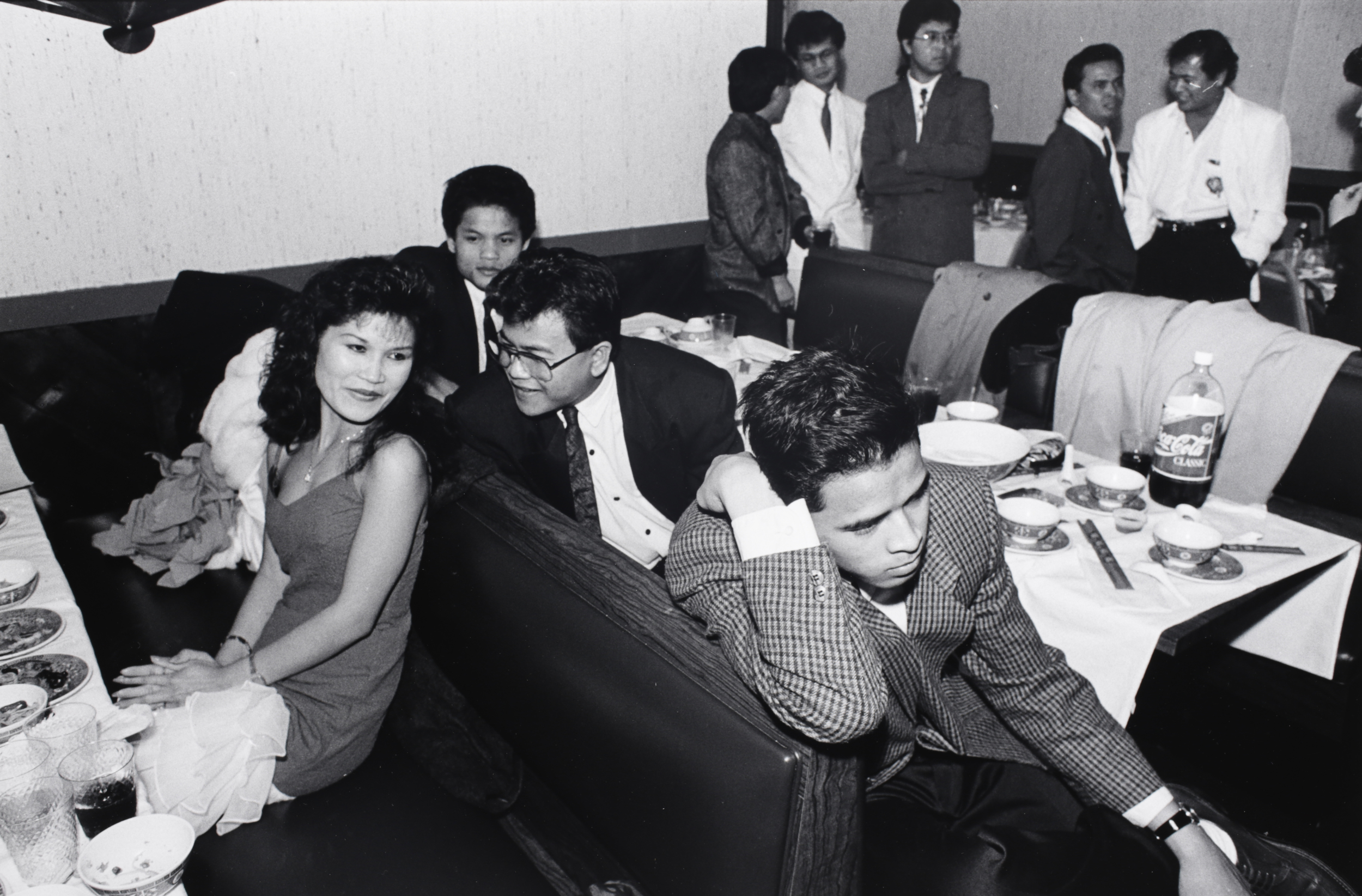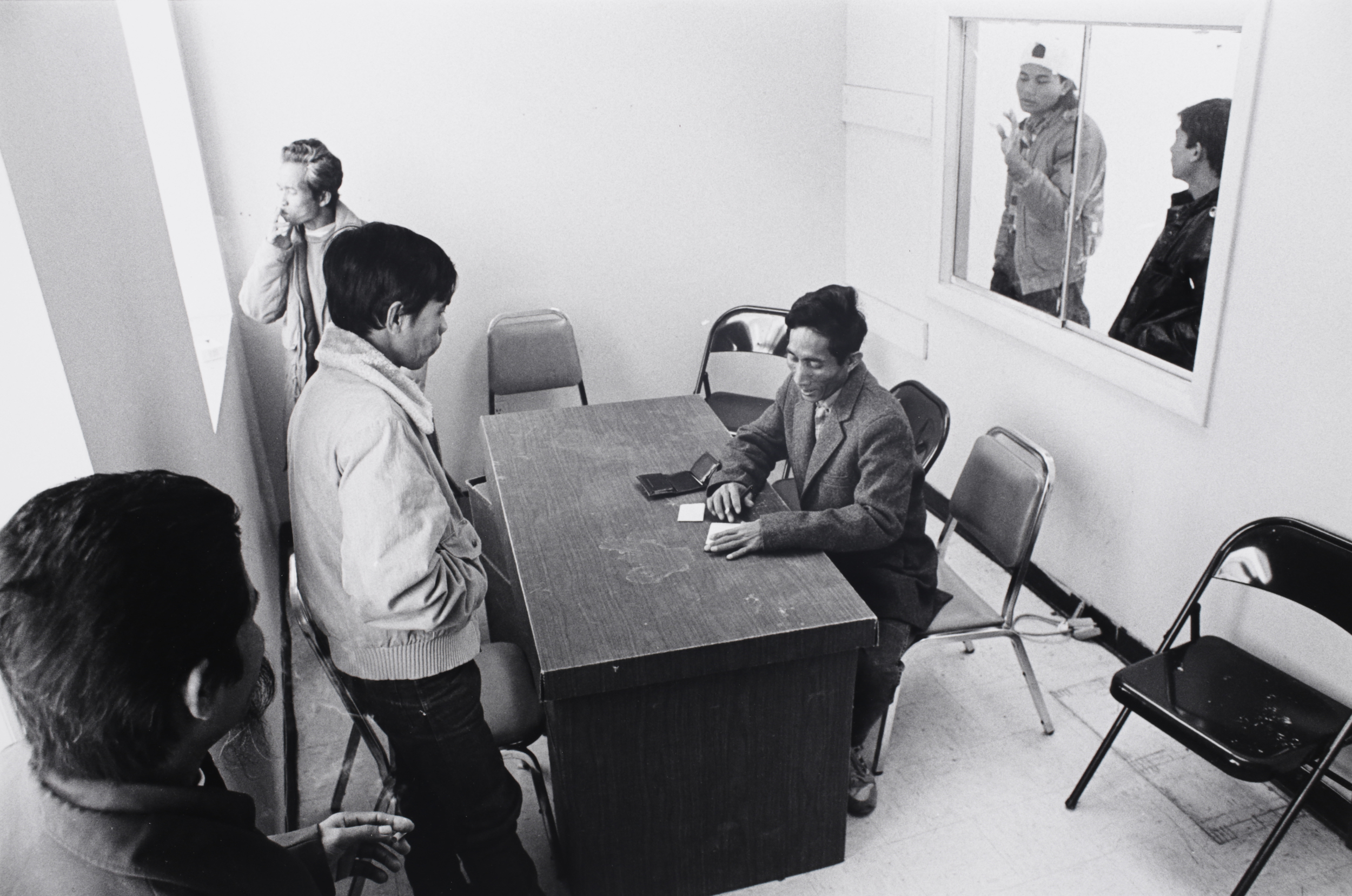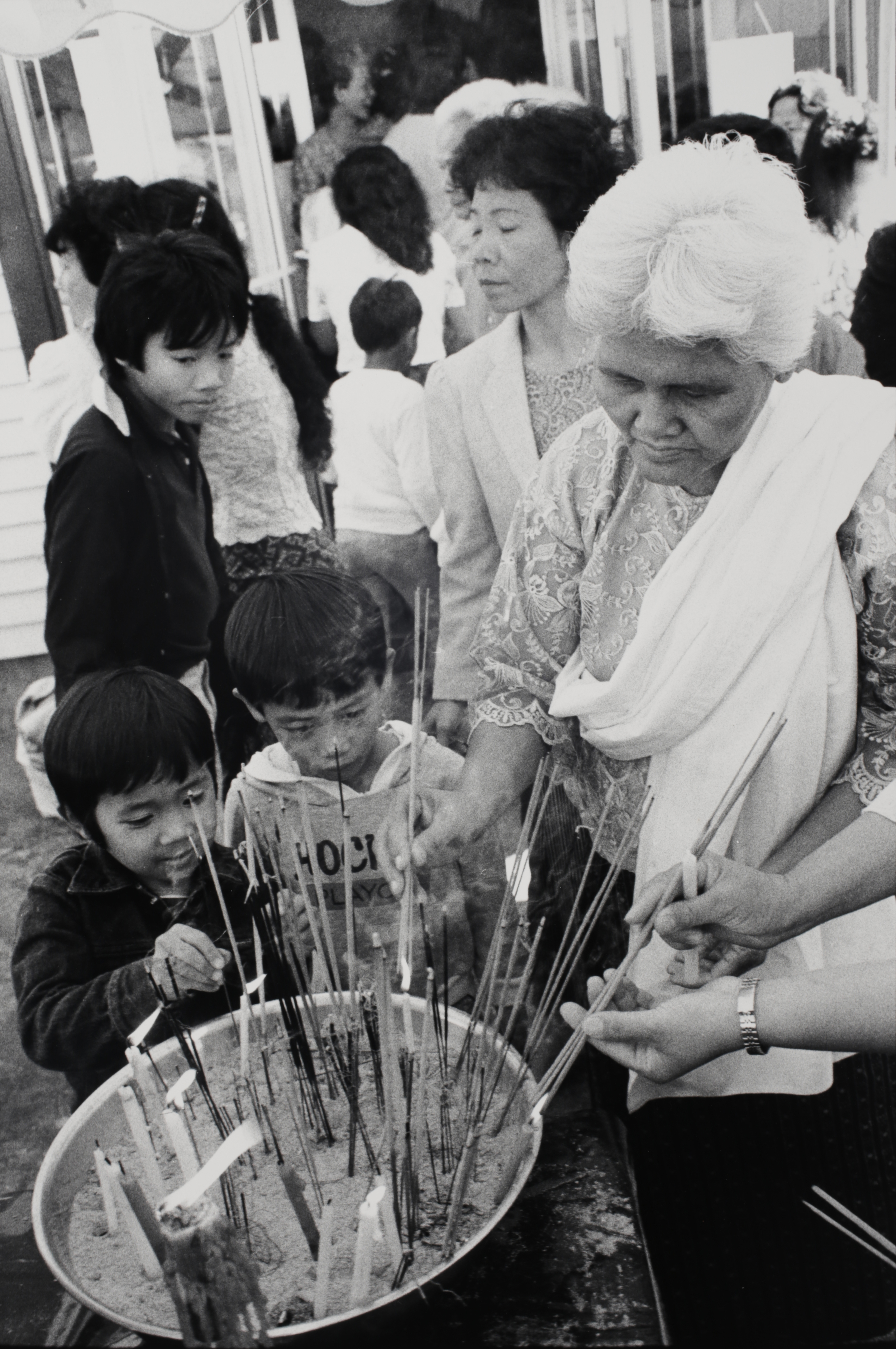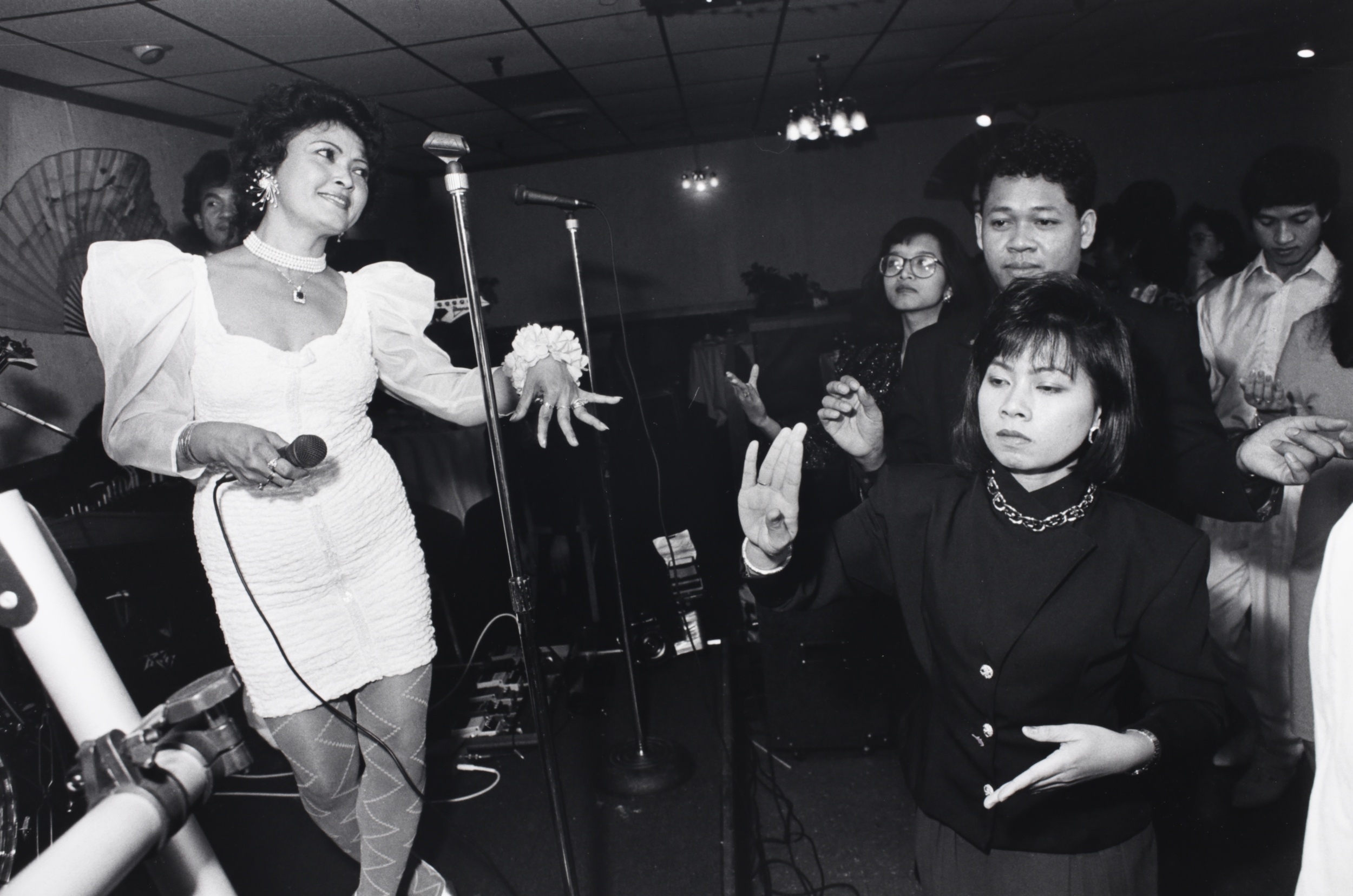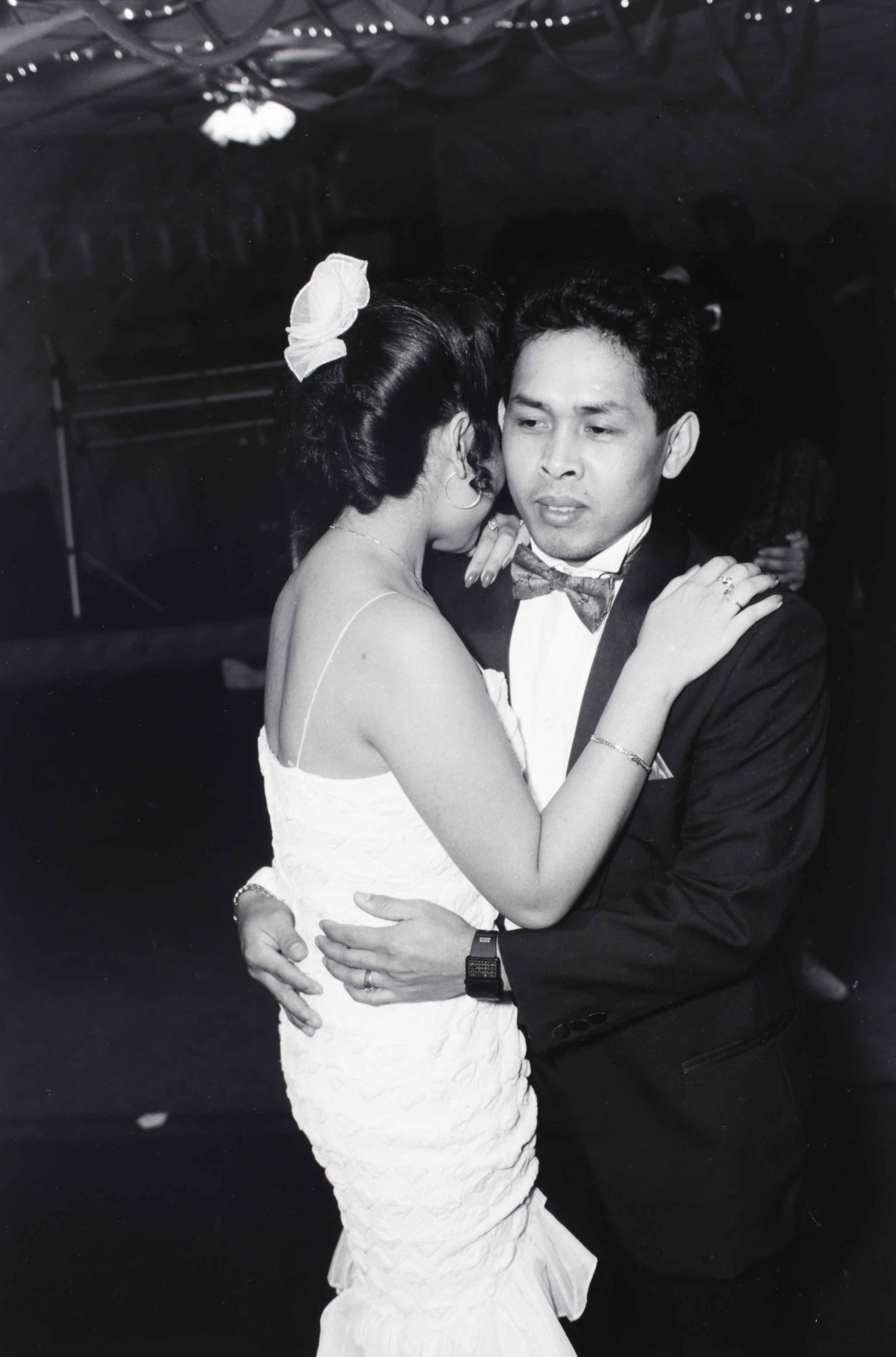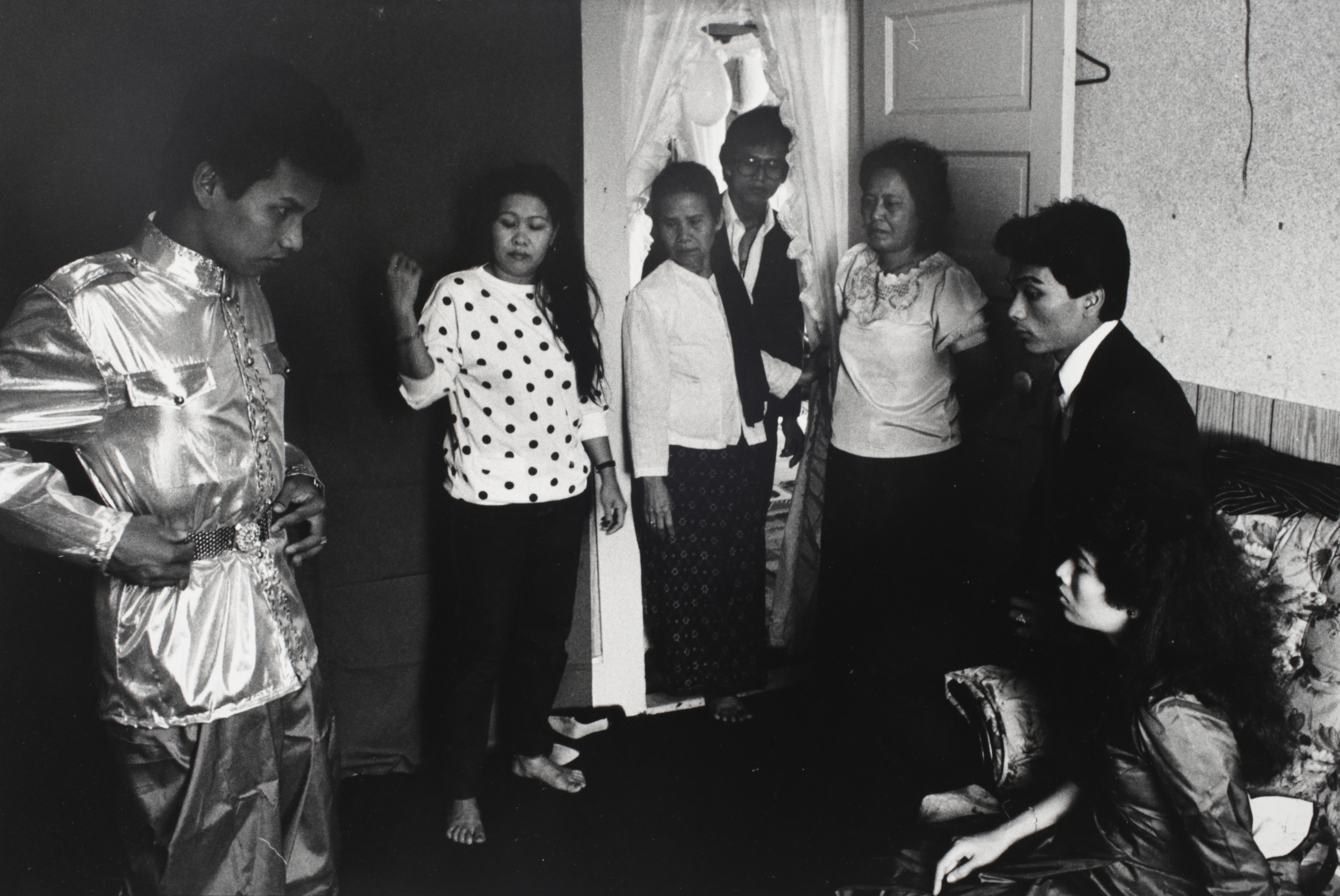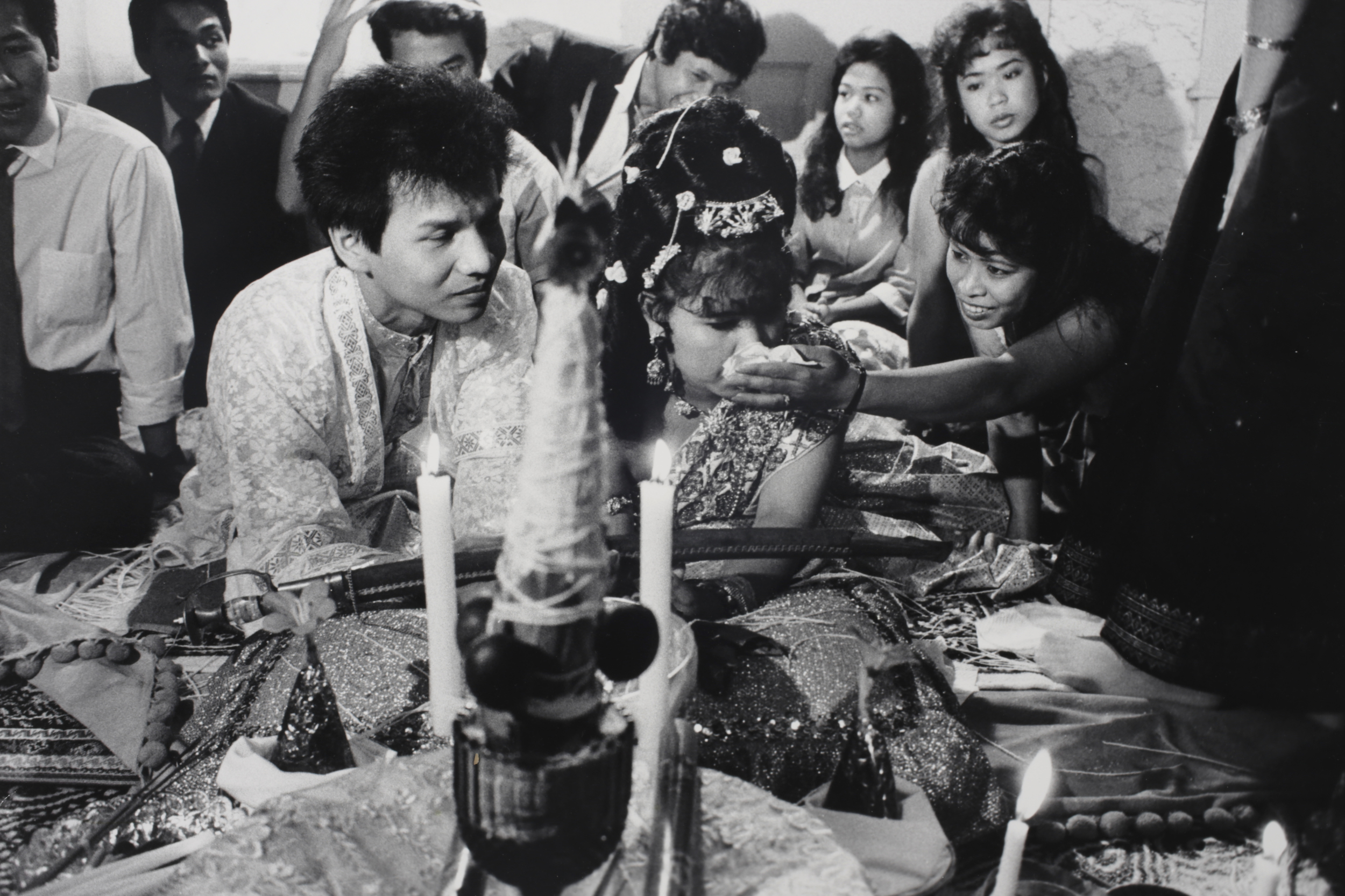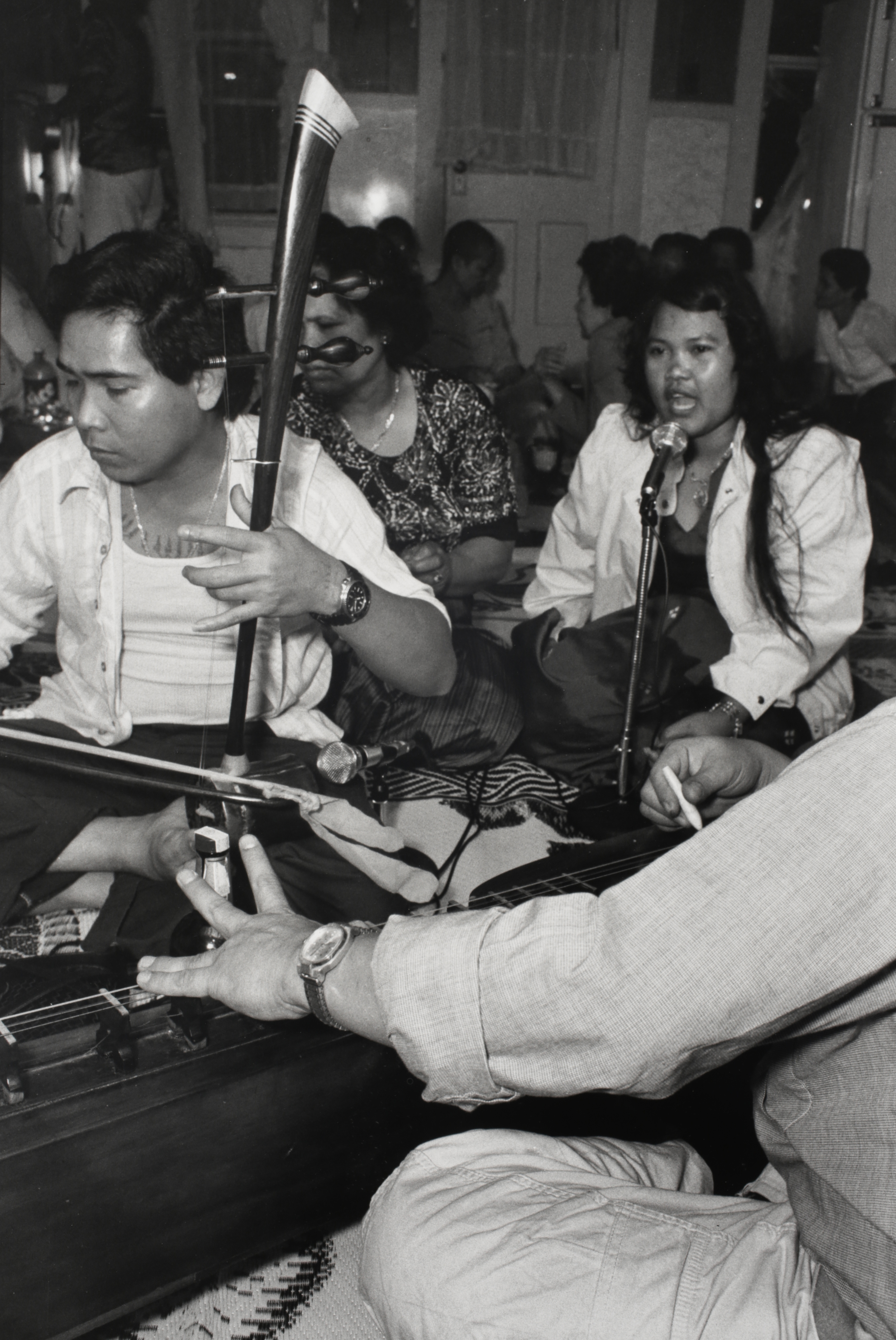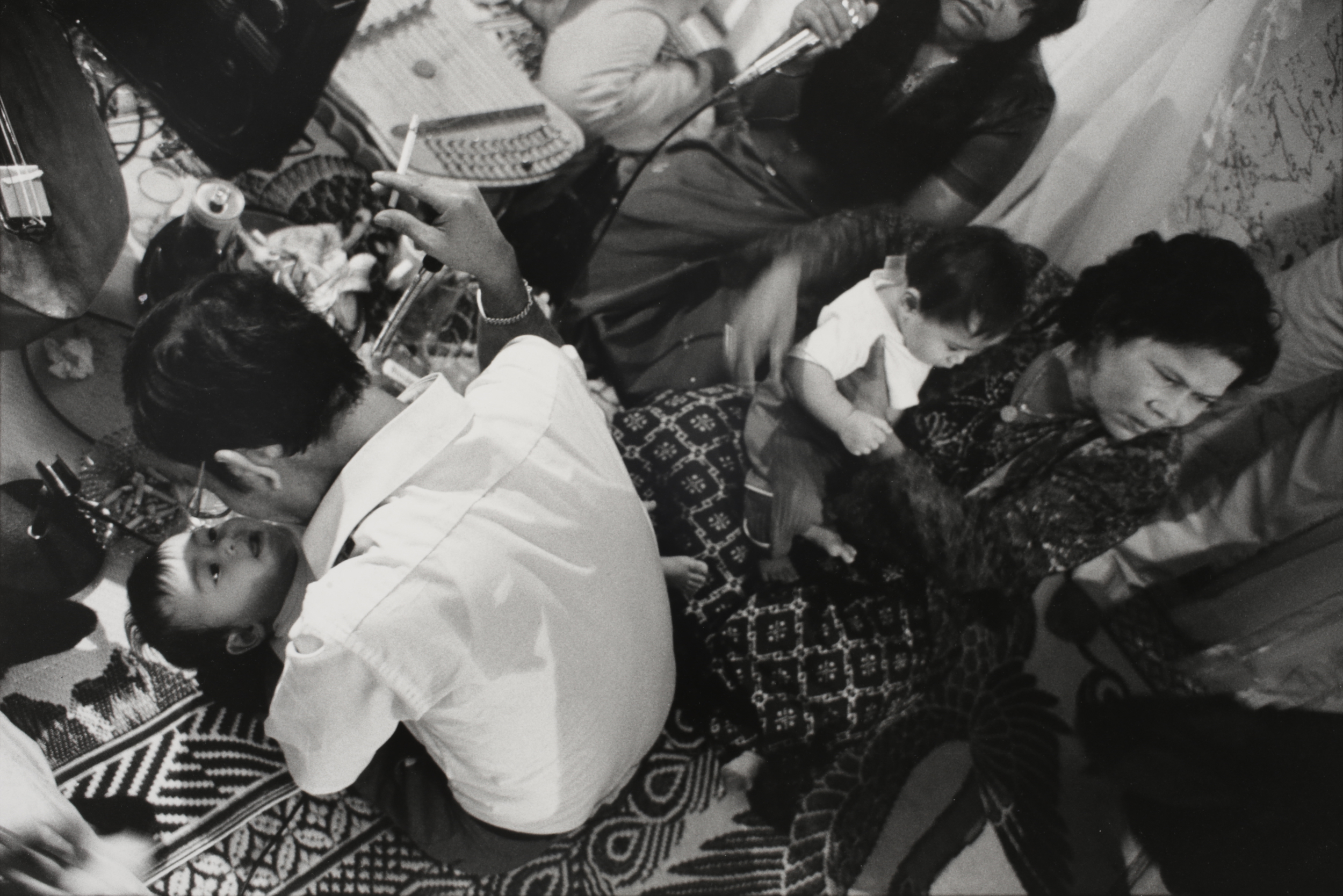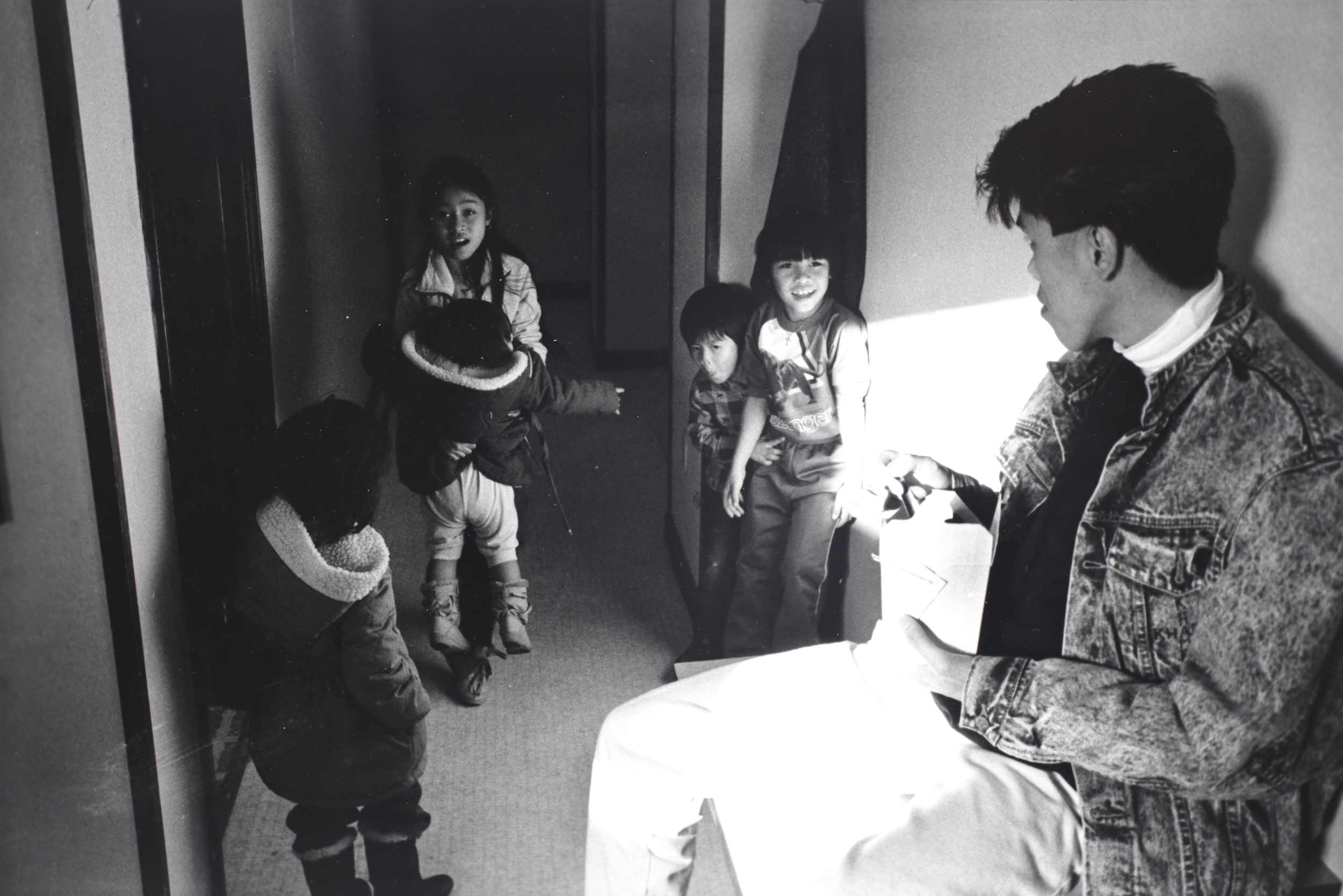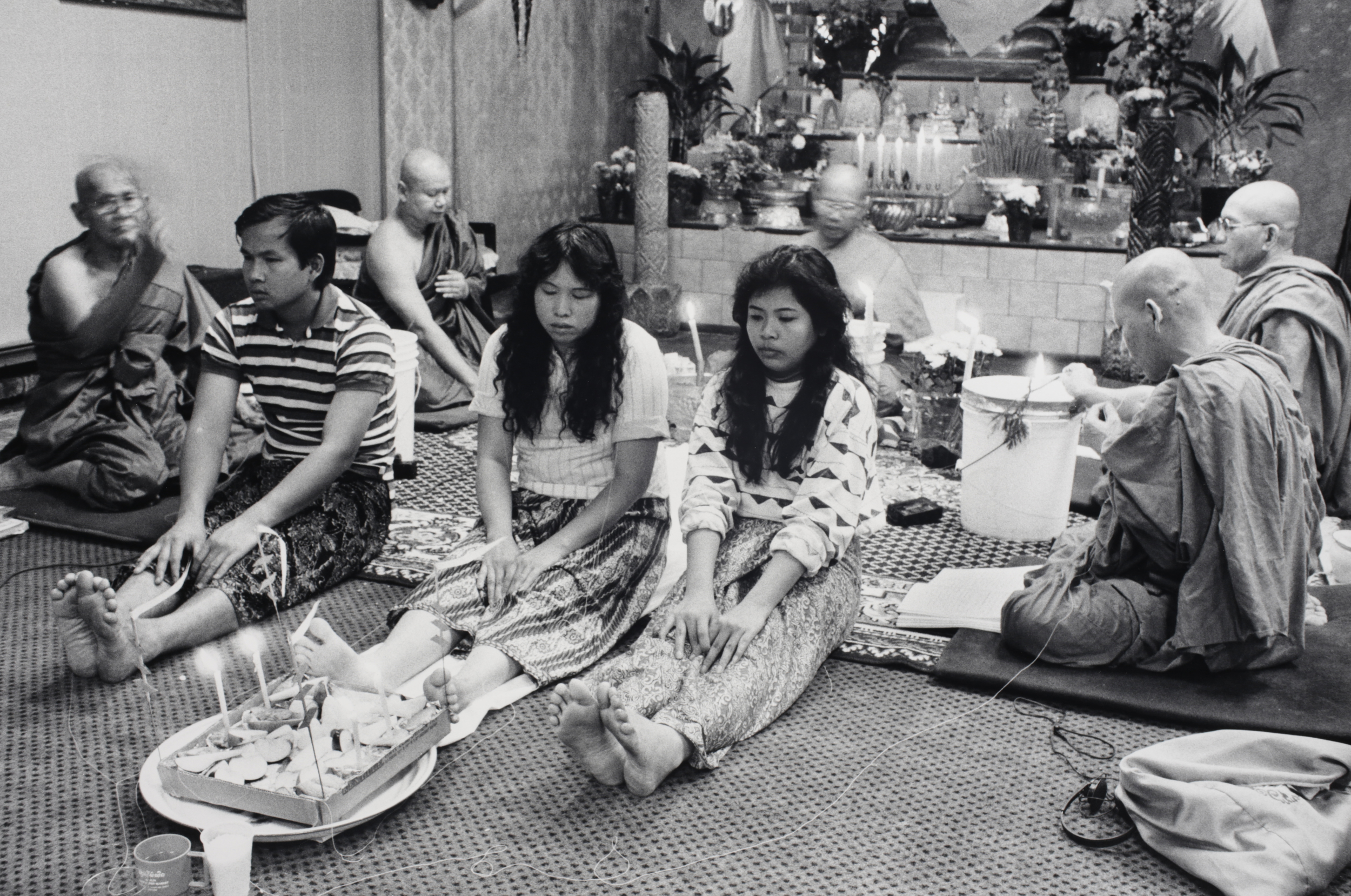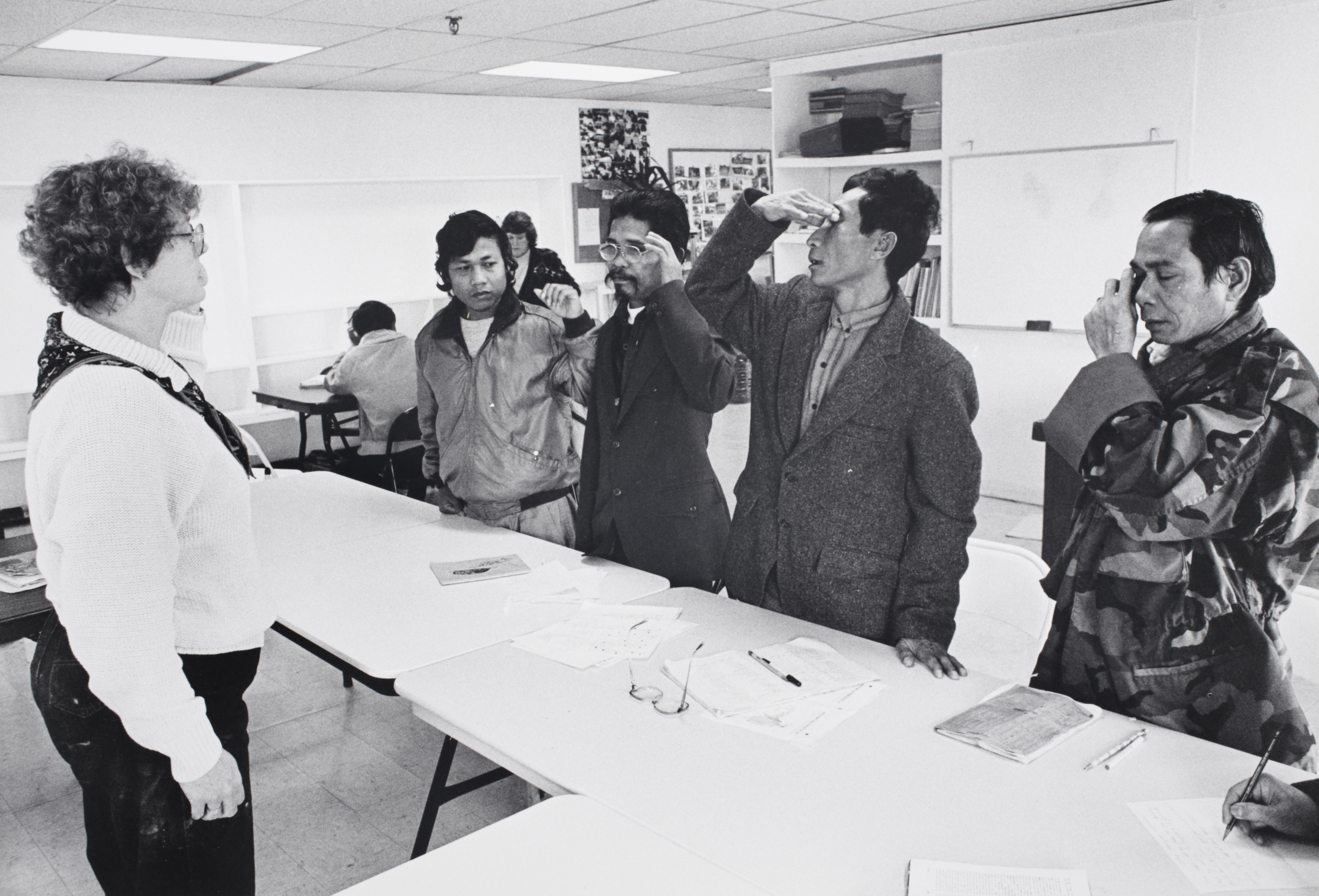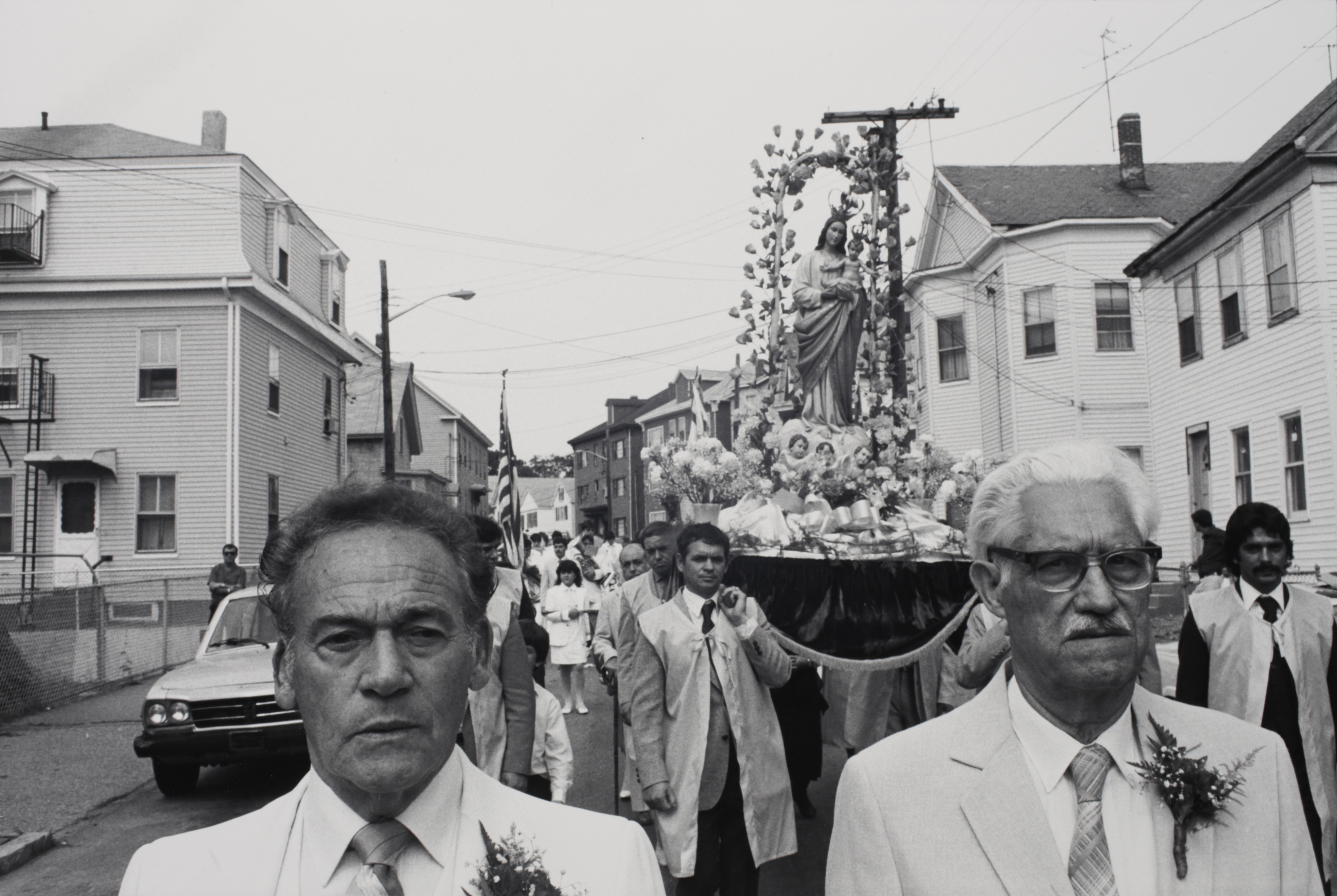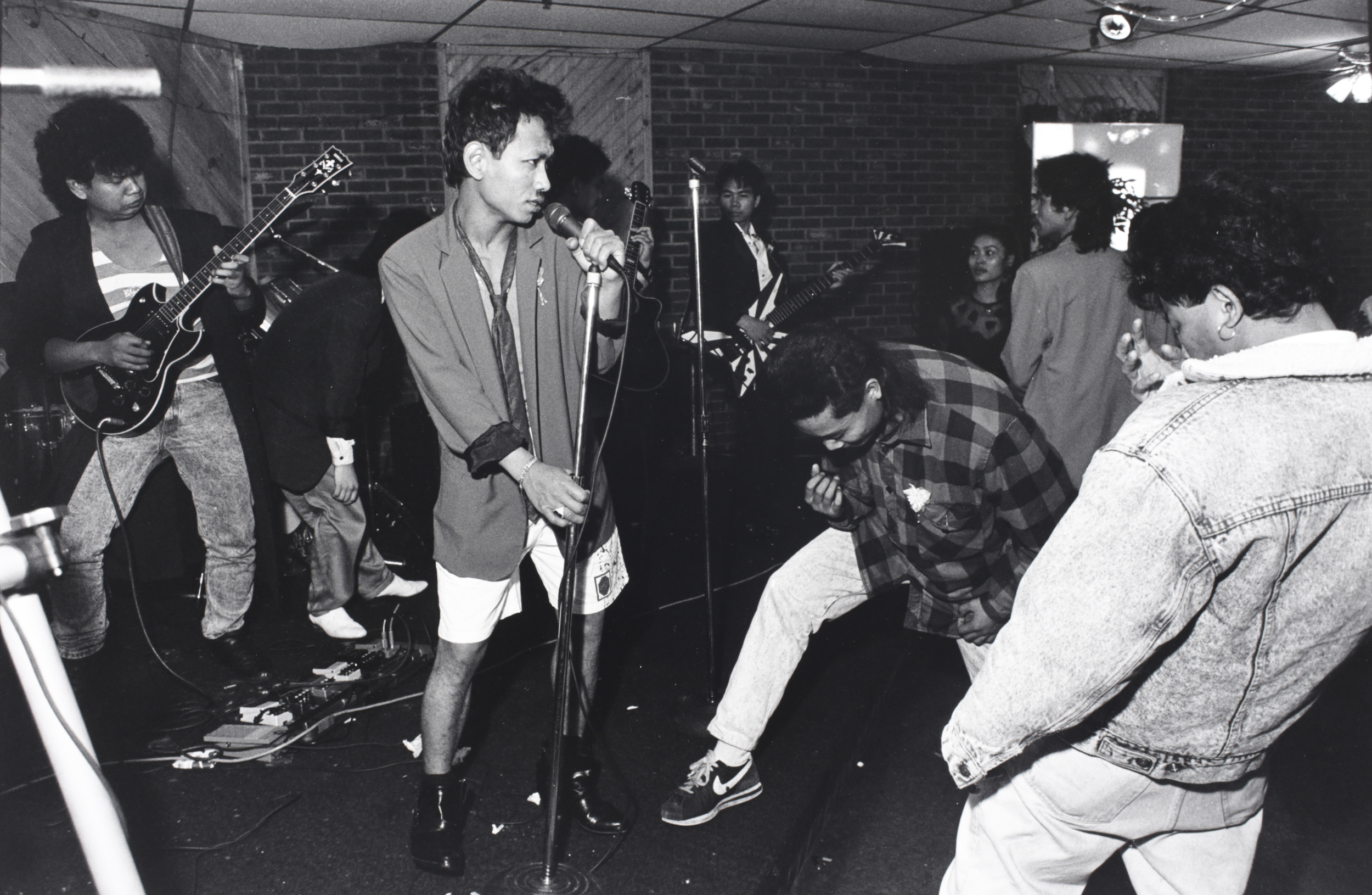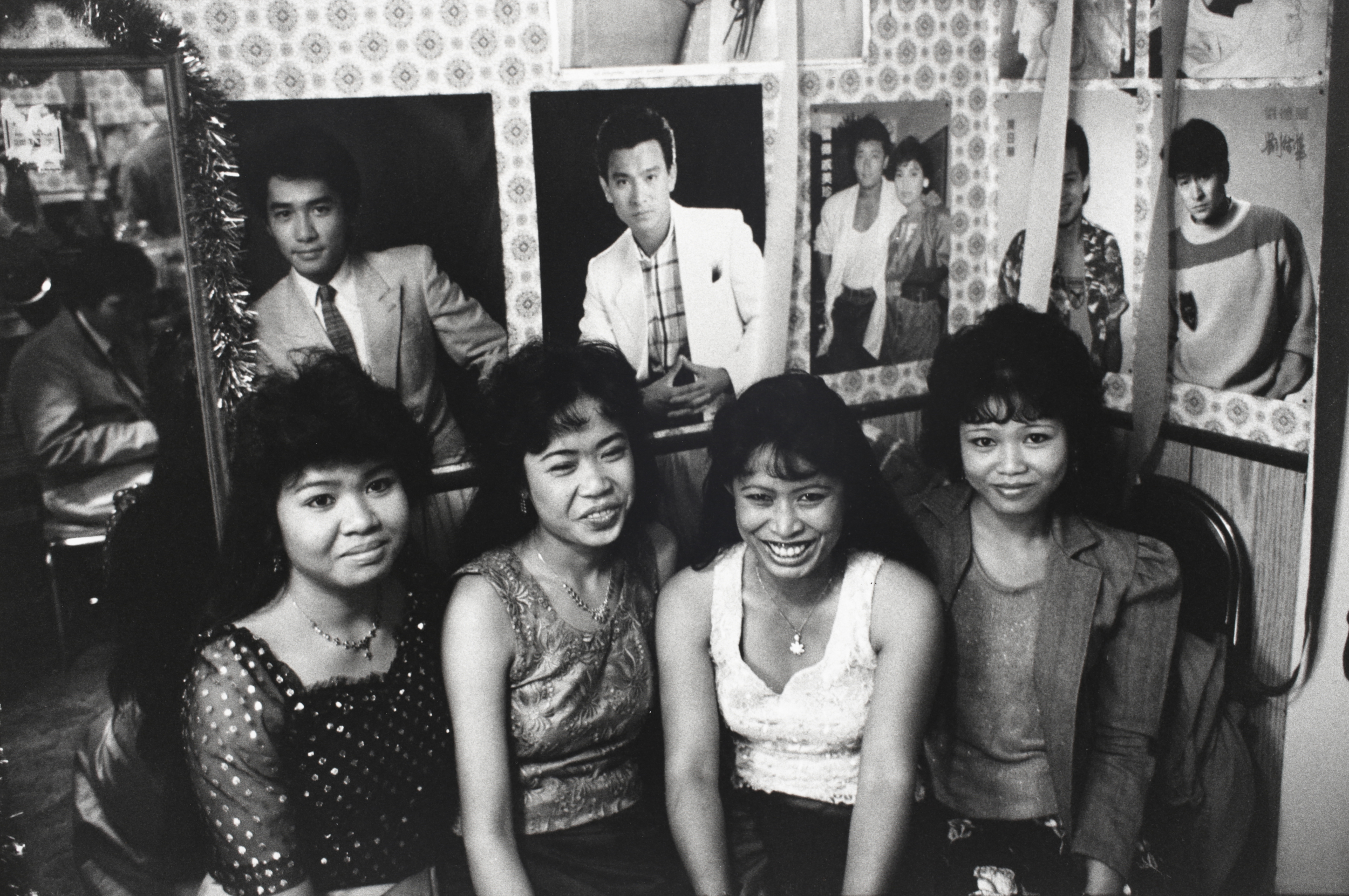The Library of Congress Lowell Folklife Project
The Library of Congress, American Folklife Center, became interested in Lowell MA. as a city that had been reborn. The textile mills of the industrial revolution played a central role in the development of Lowell, and in its diverse migratory history. The early twentieth century collapse of that industry in this city brought with it a period of economic depression that lasted for more than half a century. In the nineteen seventies the city of Lowell began a near miraculous recovery that was sparked by, (1) its designation as the site for the Lowell National Historical Park, an urban park which tells the story of the industrial revolution, (2) the founding of Lowell Heritage State Park, (3) the establishment of a city university, and (4) high tech industries moving to, and around Lowell. The city now stands as a monument to the importance of cooperation between public and private sectors.
When the Library of Congress asked me to photograph this national model, I was encouraged to follow my own instincts. As always, my own instincts led me to people. The City of Lowell includes about fifteen different ethnic groups. I was attracted to this mix of peoples, which includes a large number of southeast Asians whose presence in Lowell is not rooted in nineteenth century mill culture, but is rooted in their recent flight from the turmoil in their homelands. - Jack Lueders-Booth
